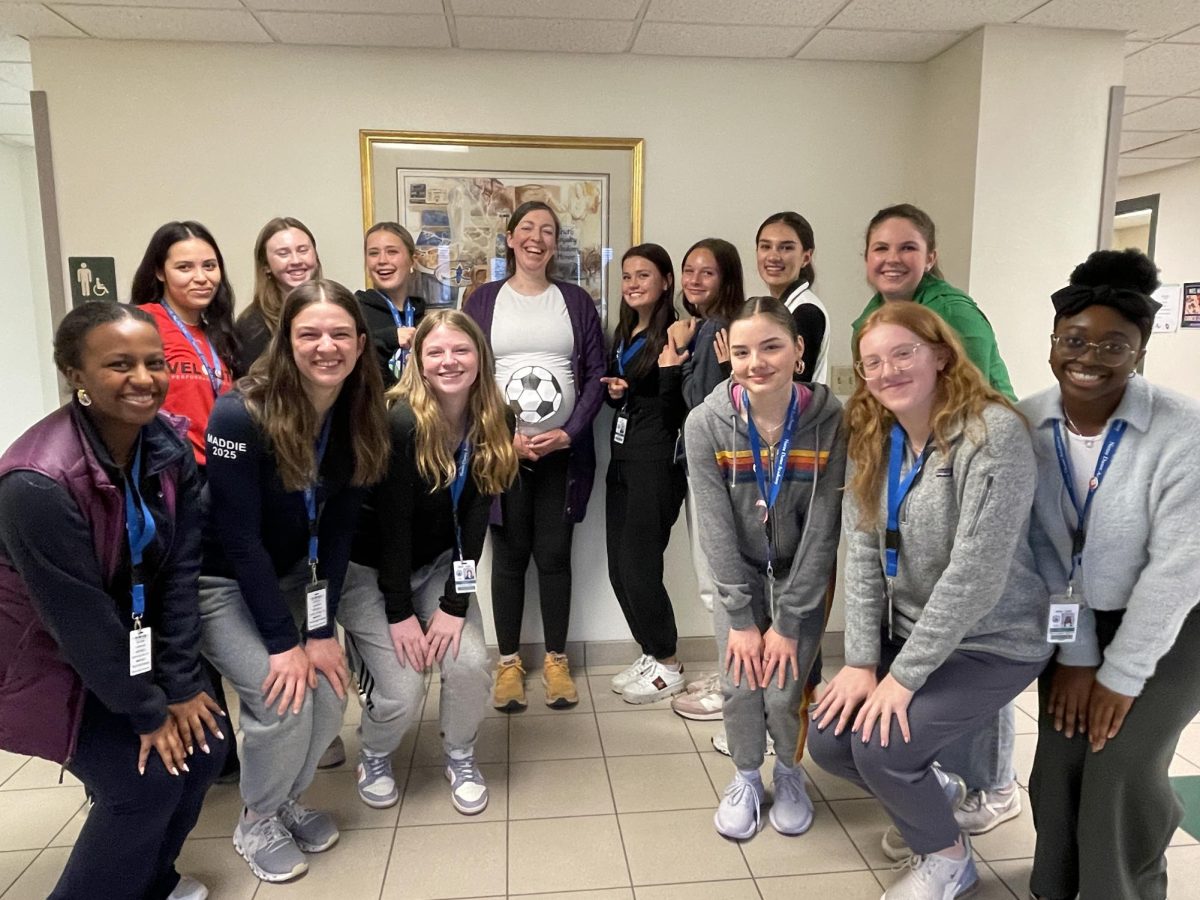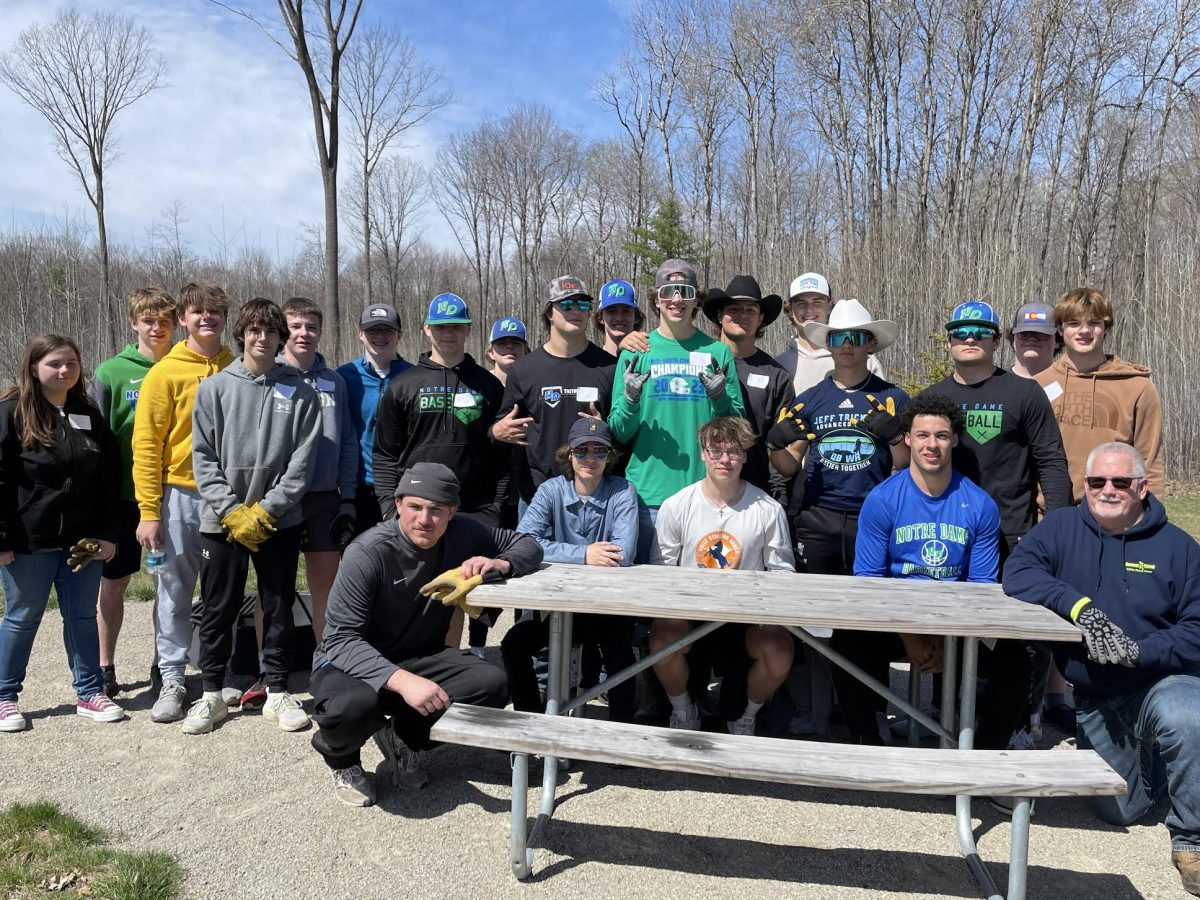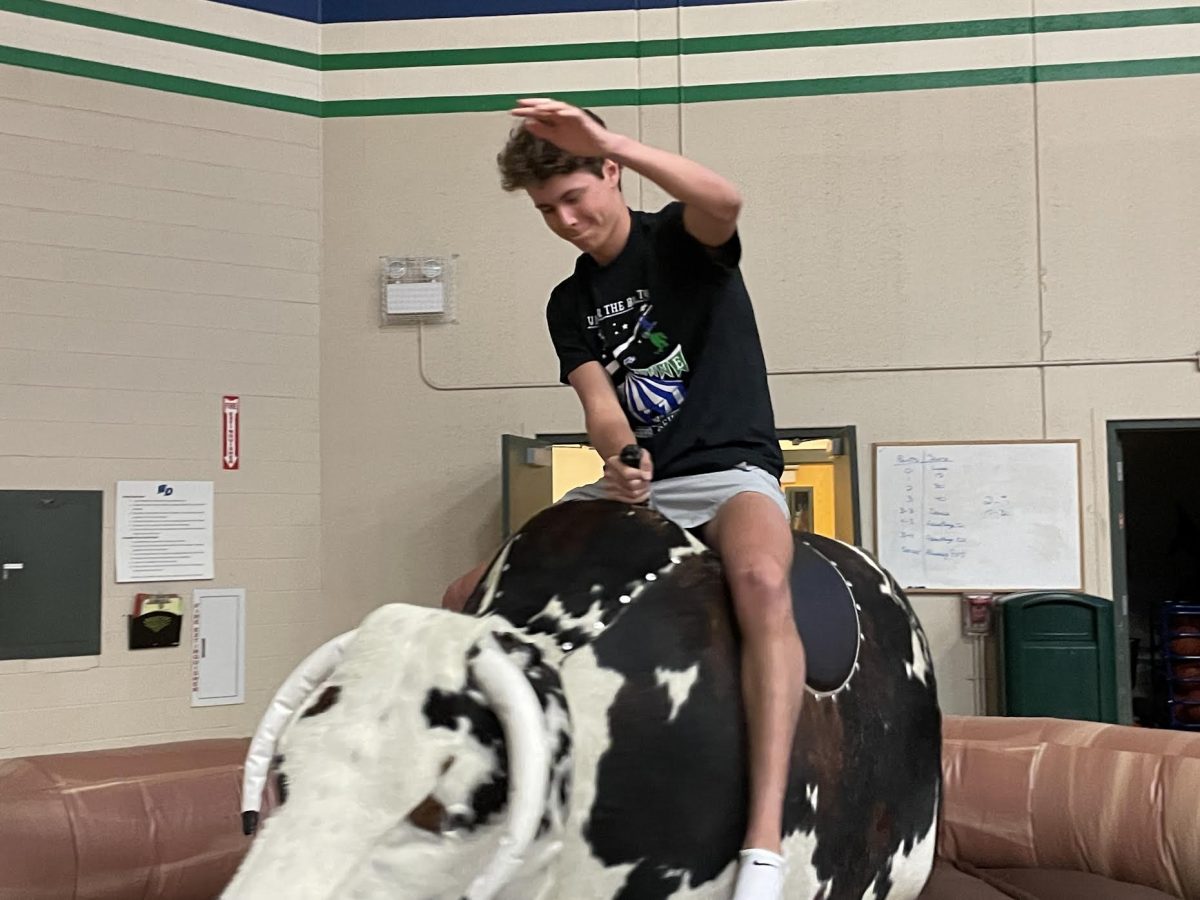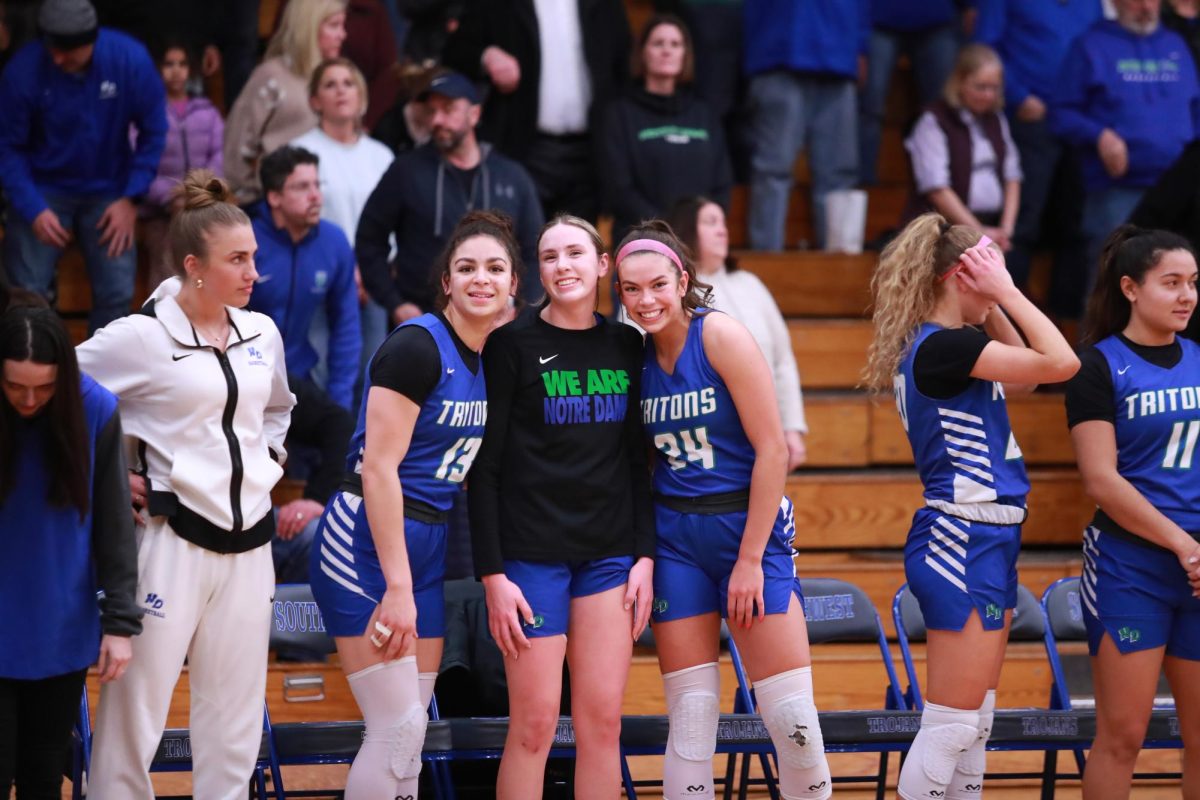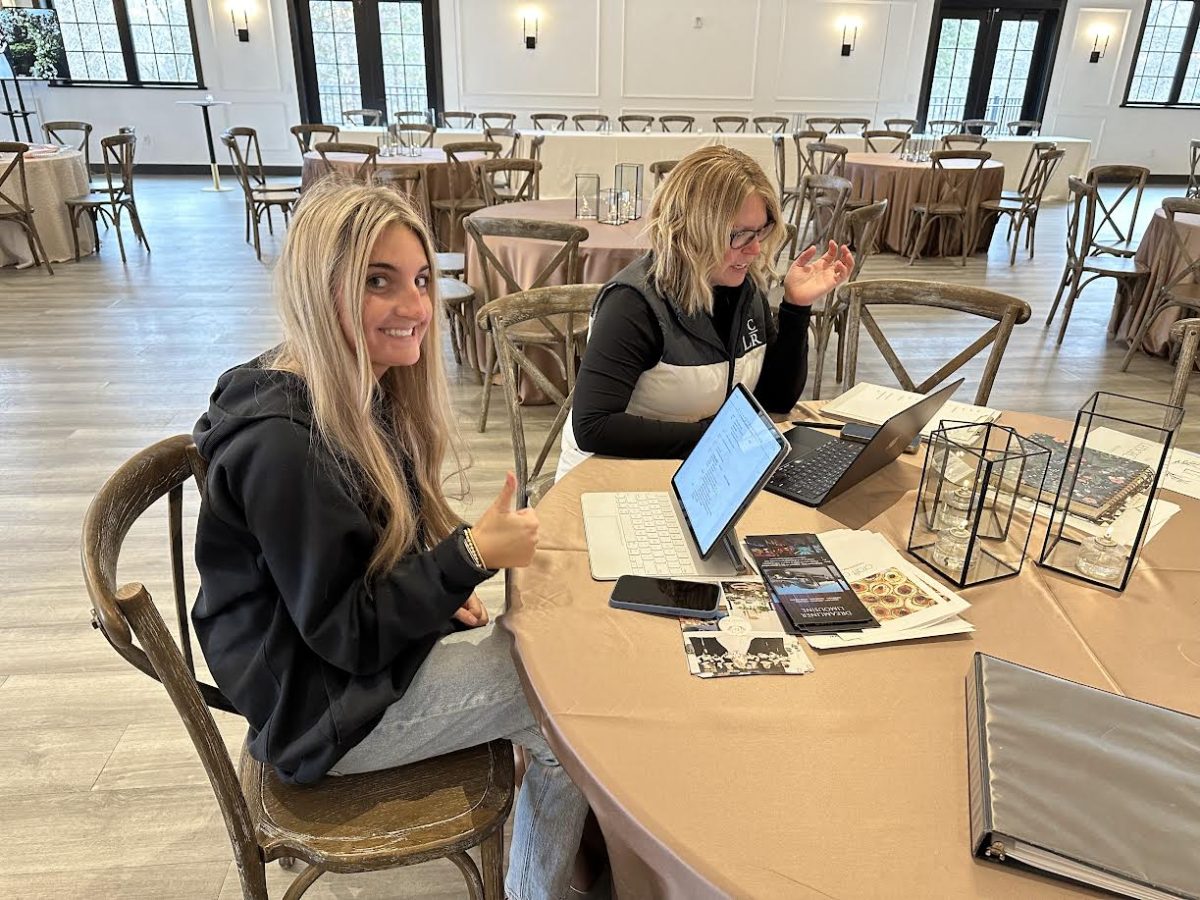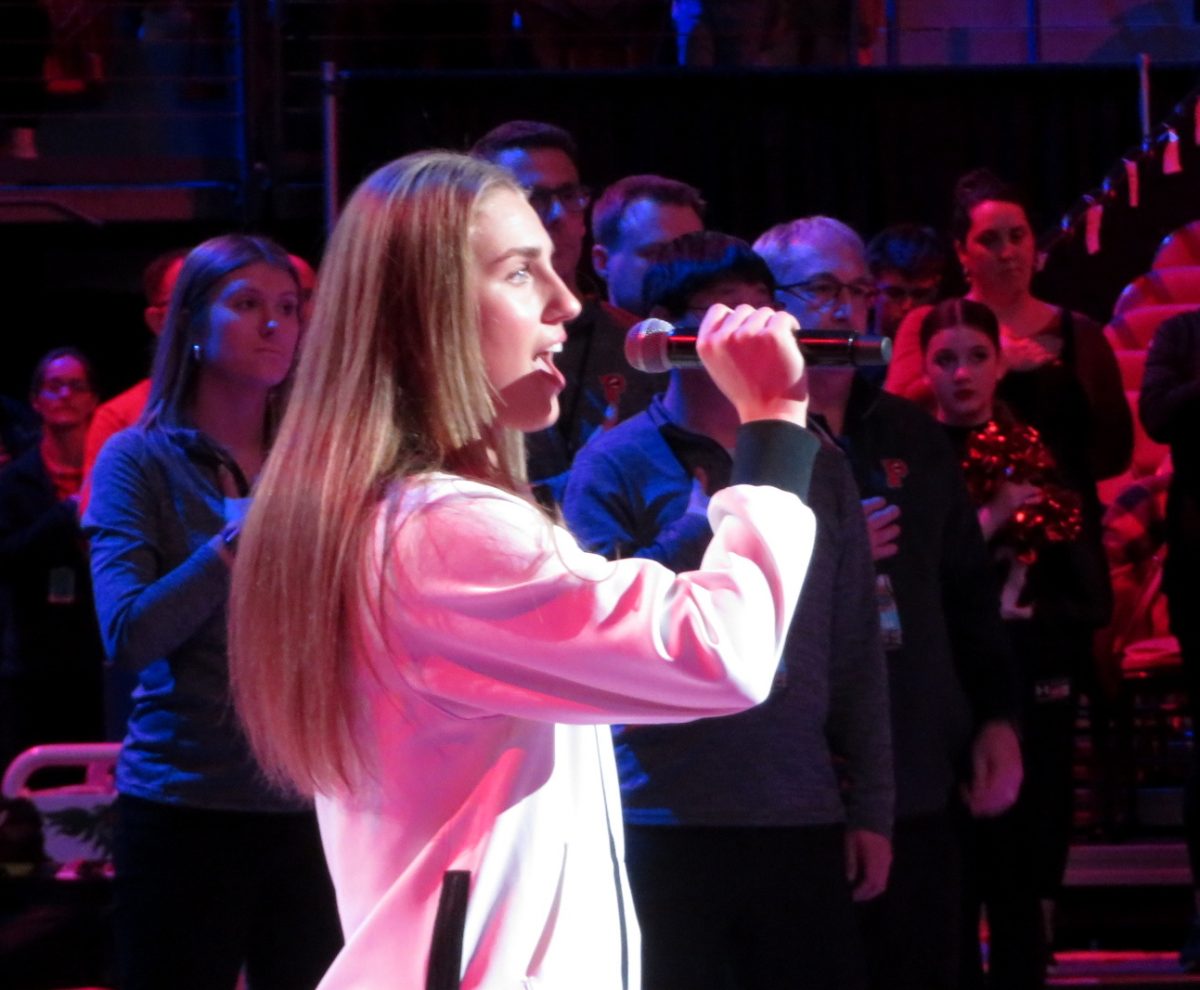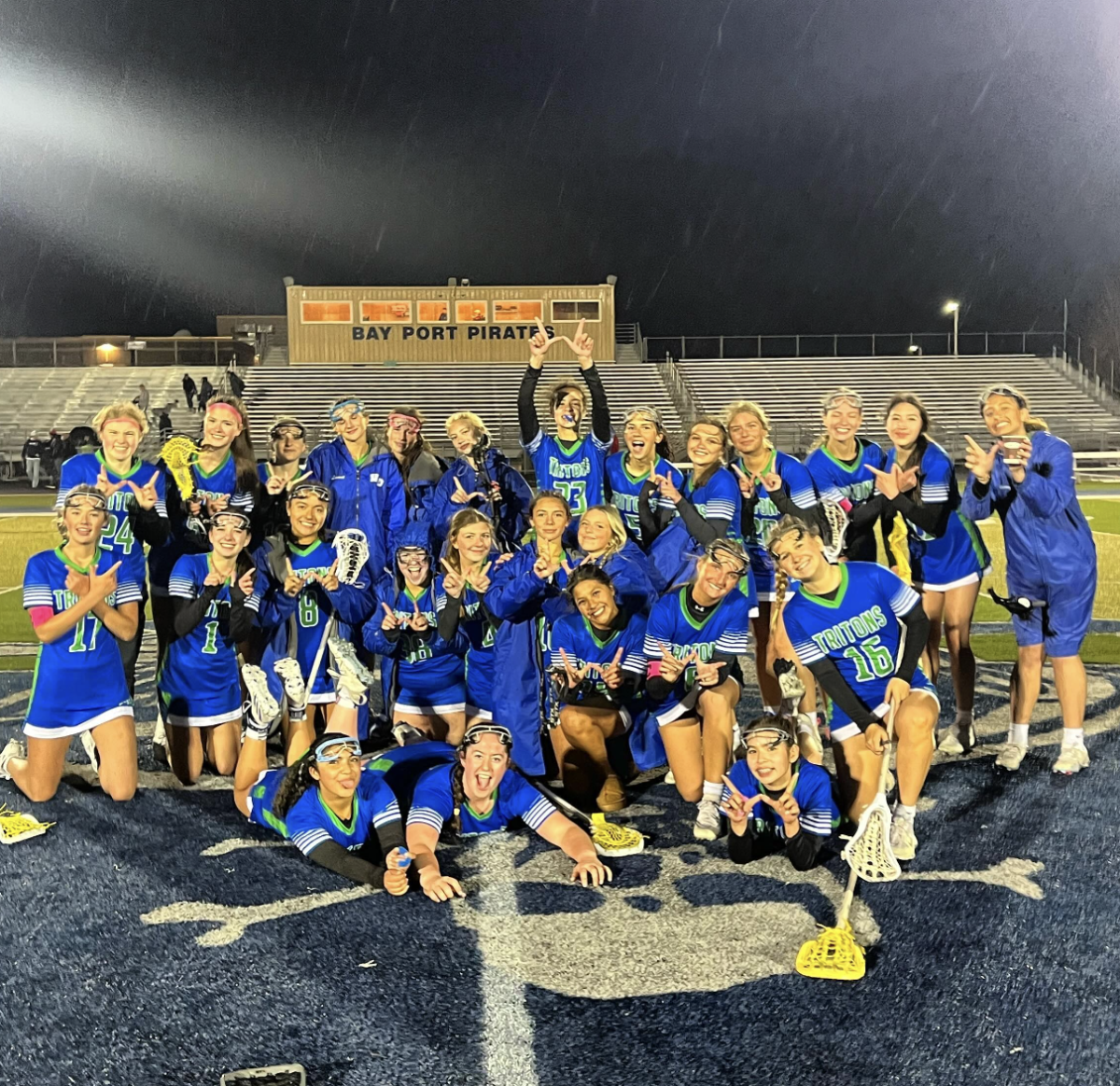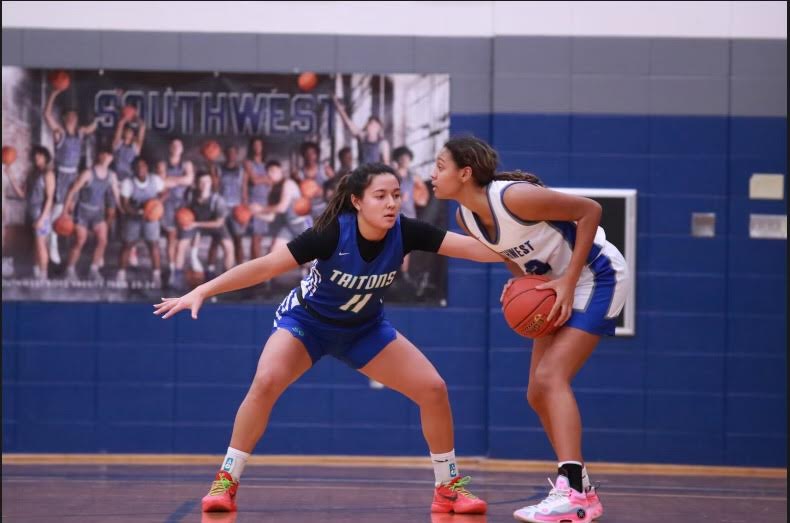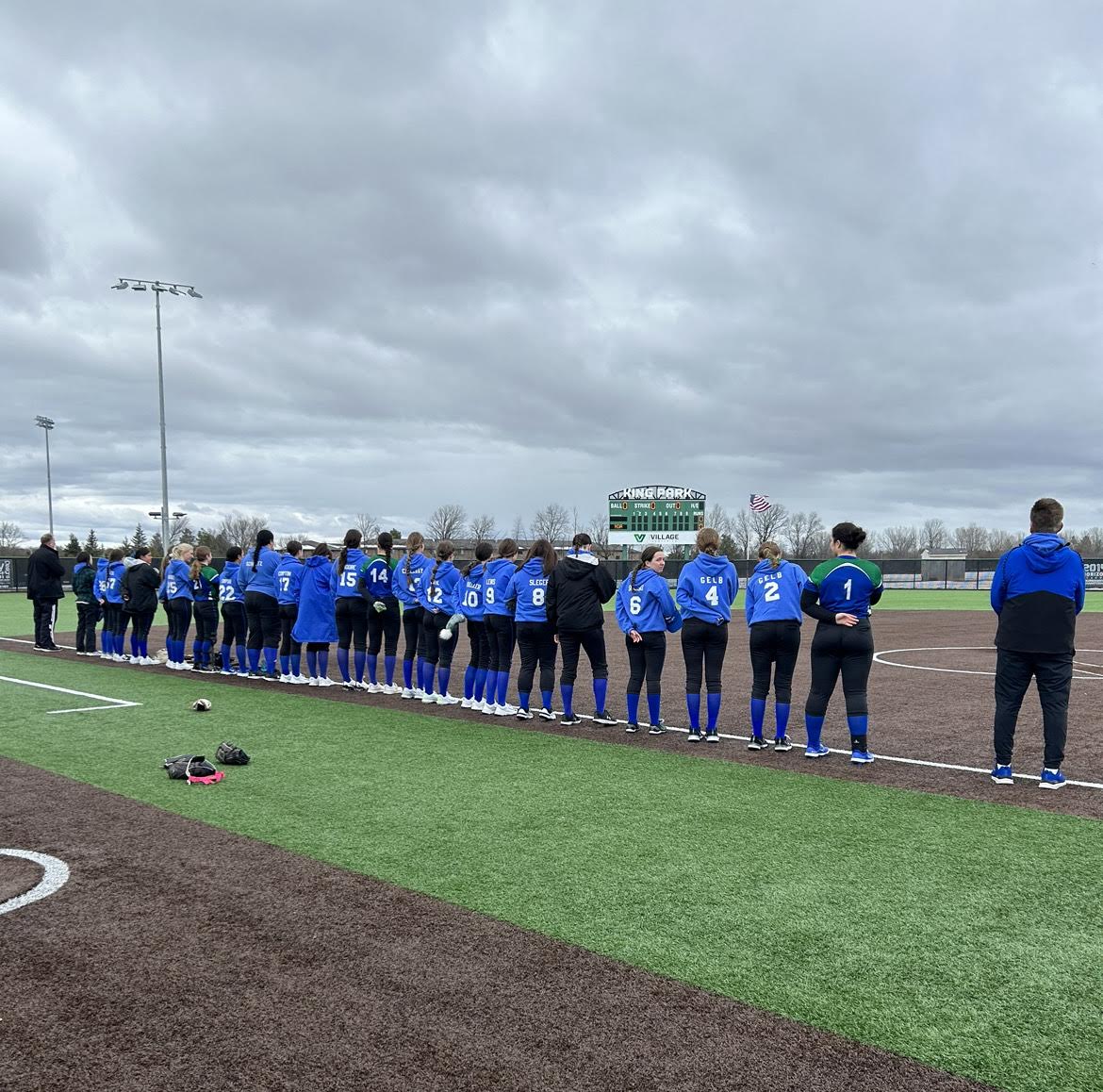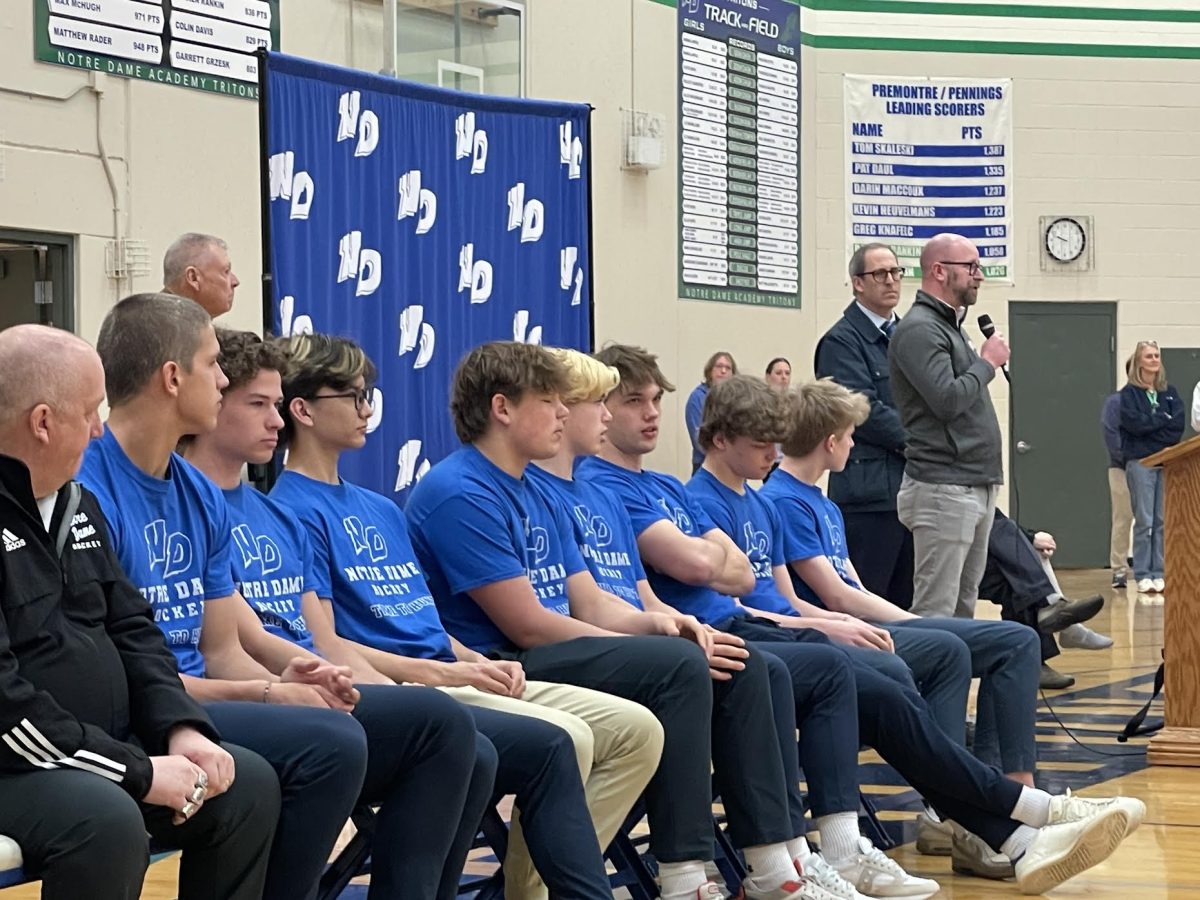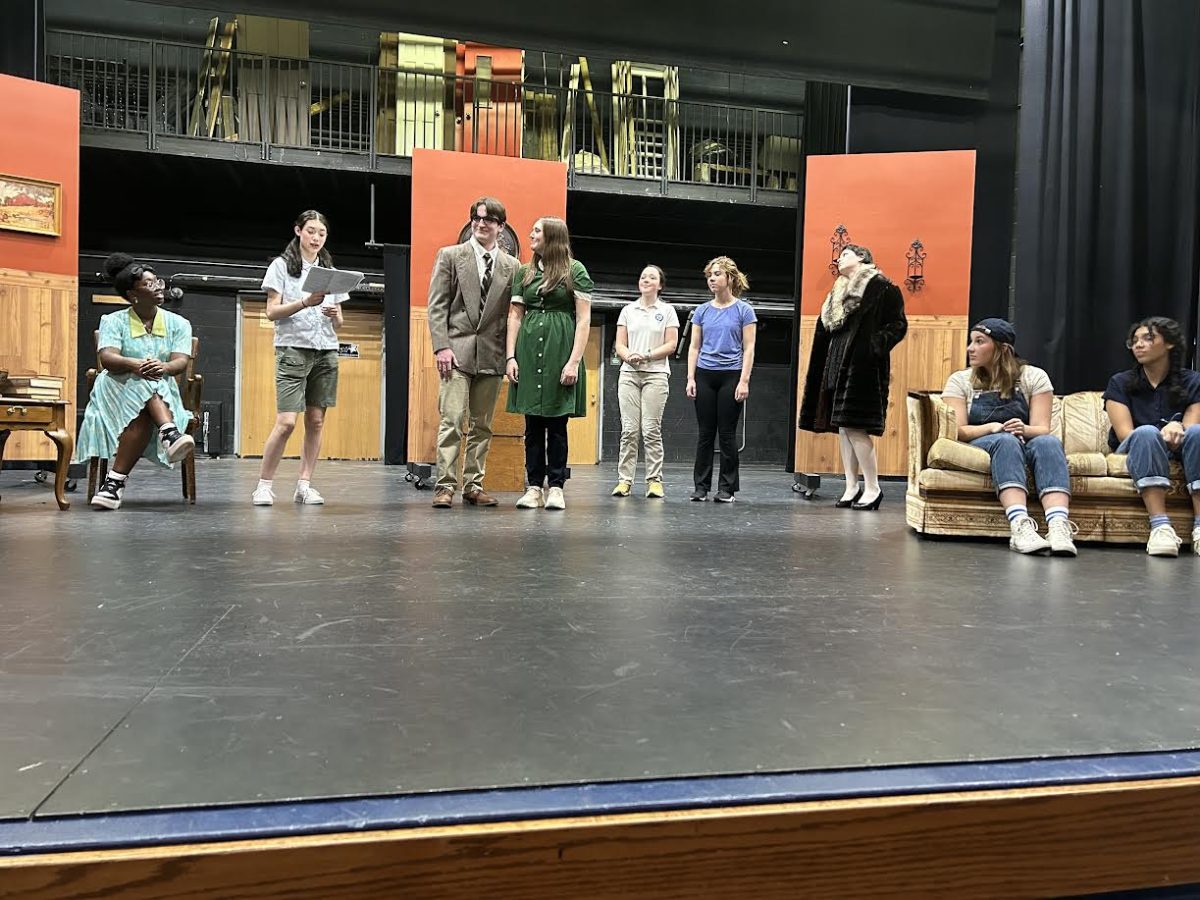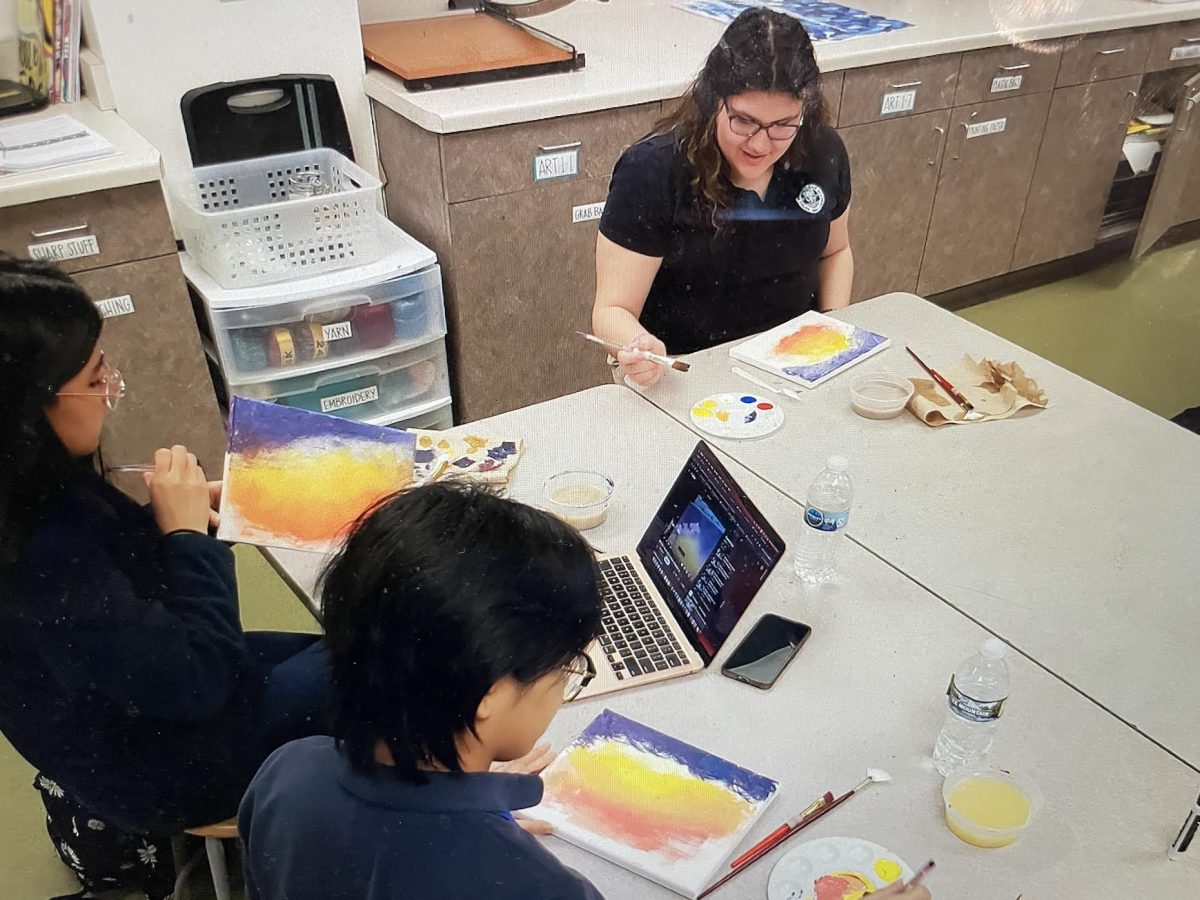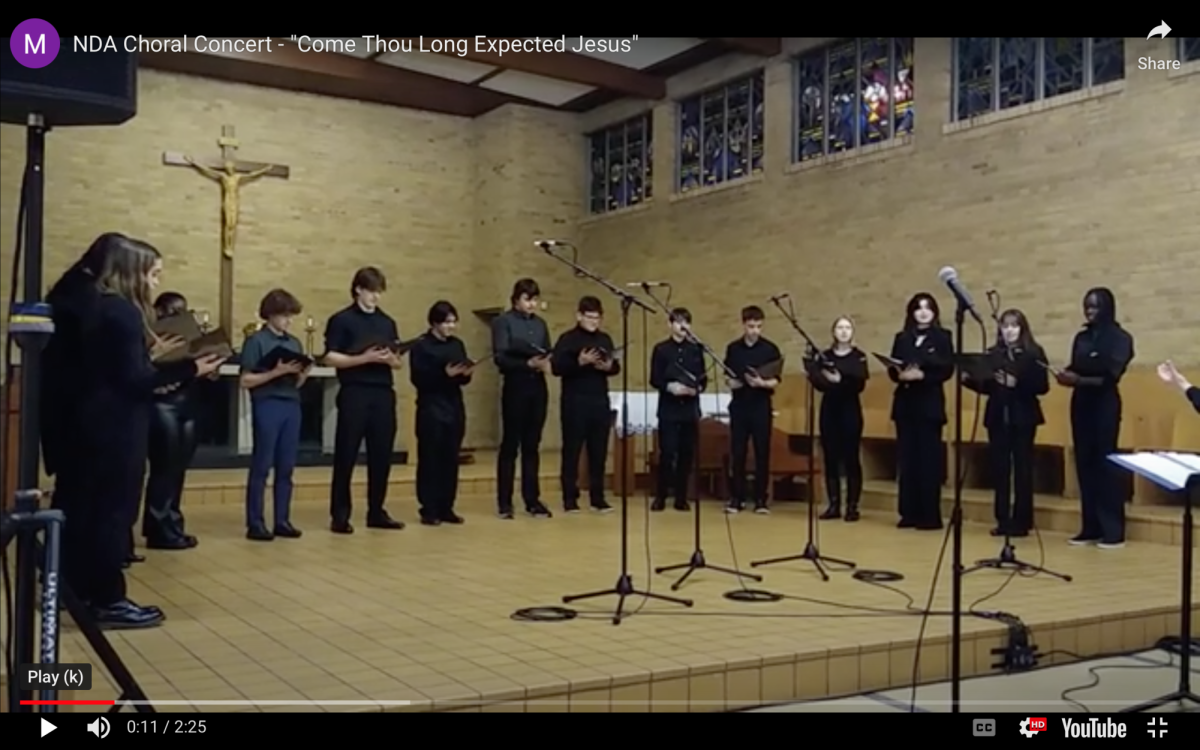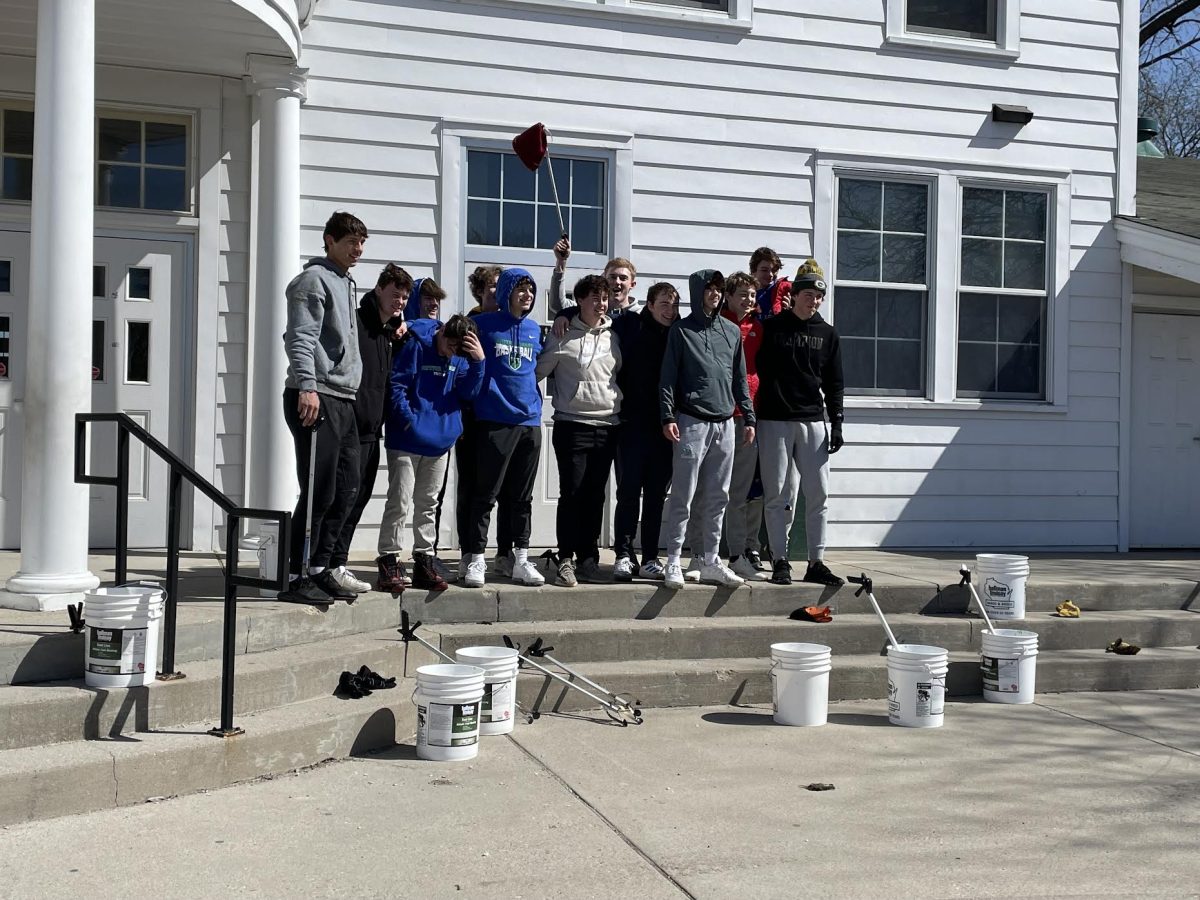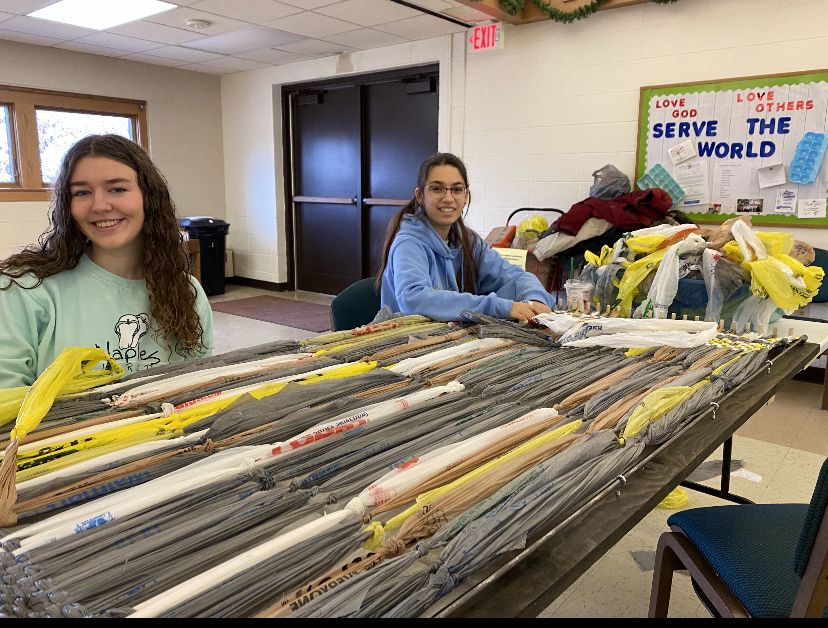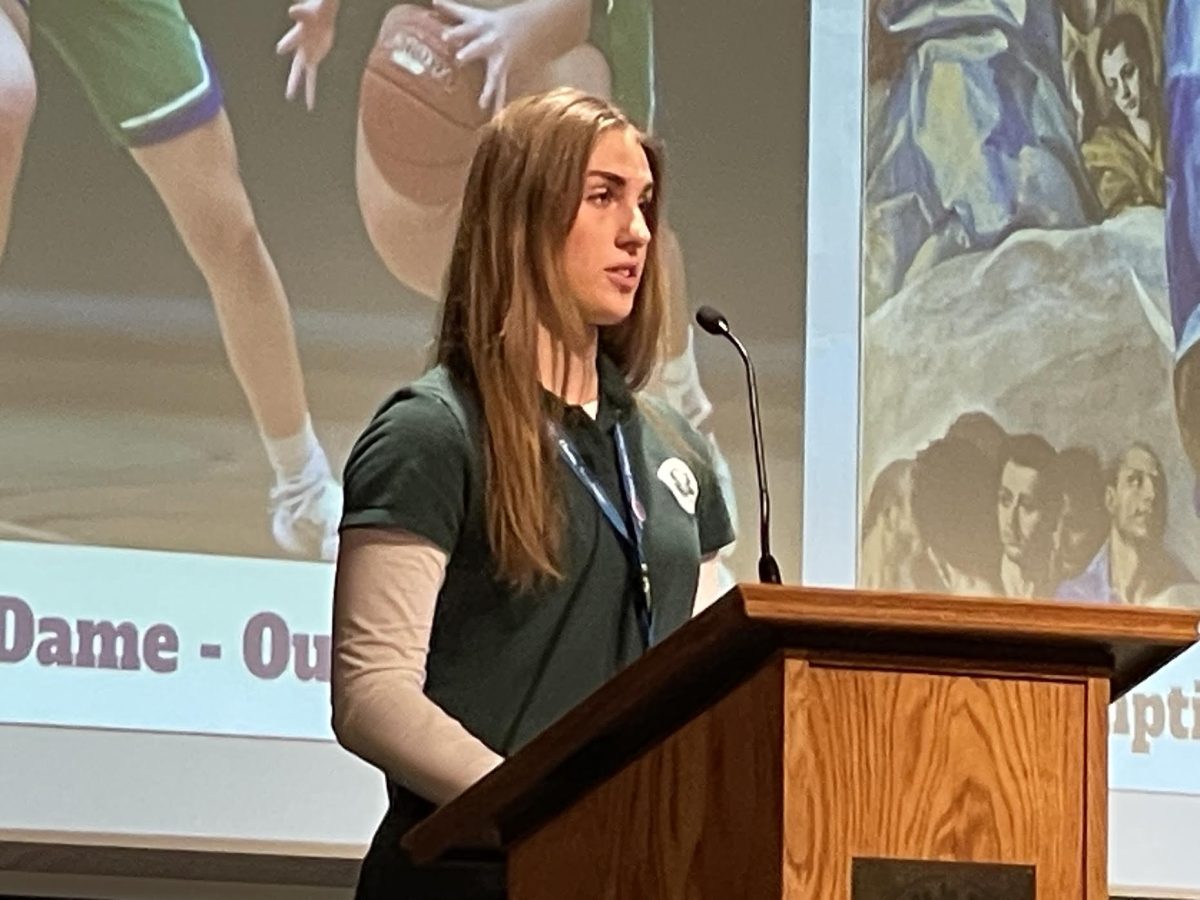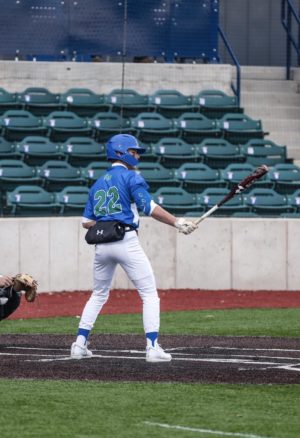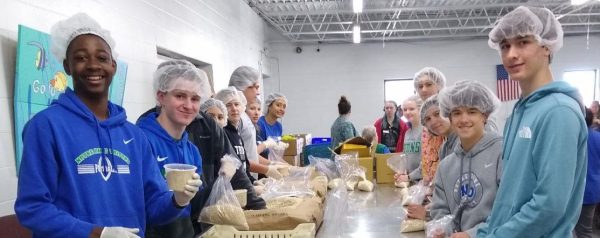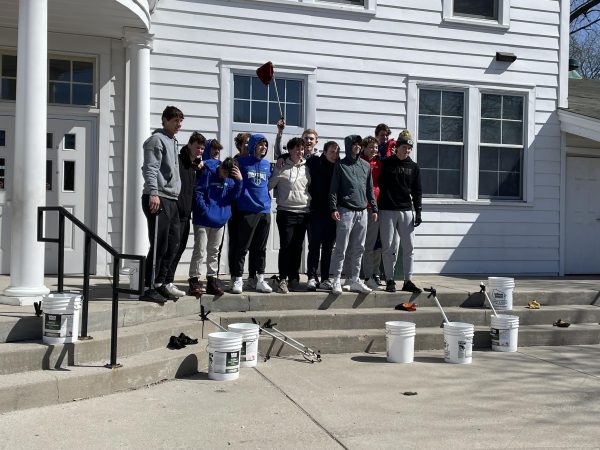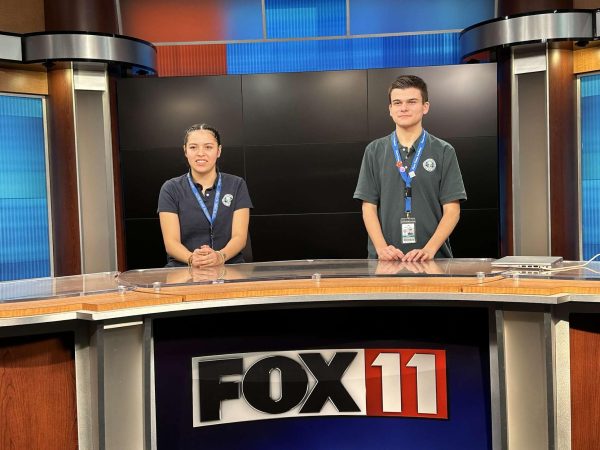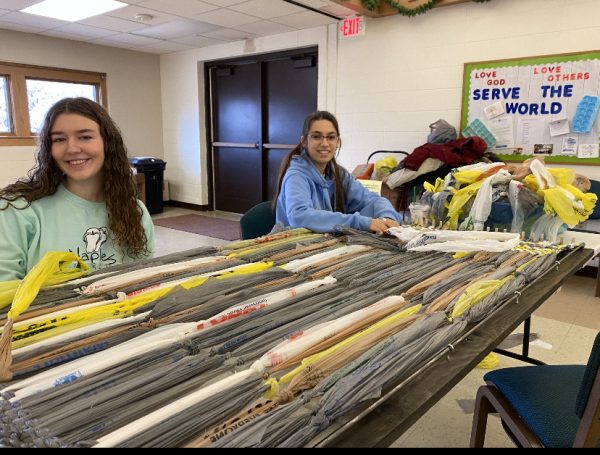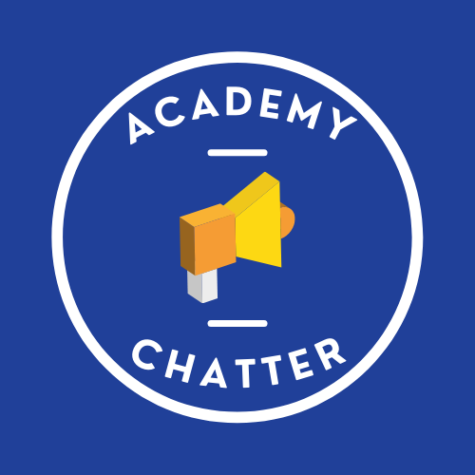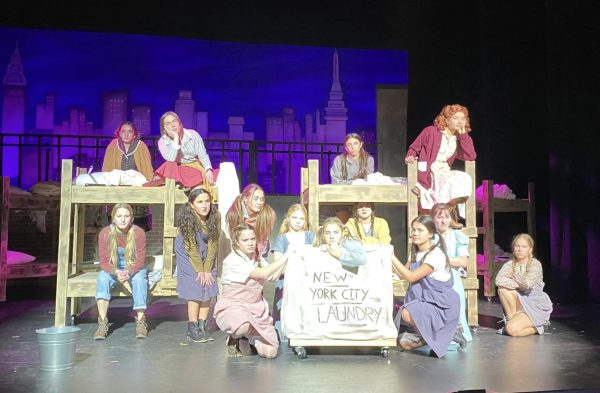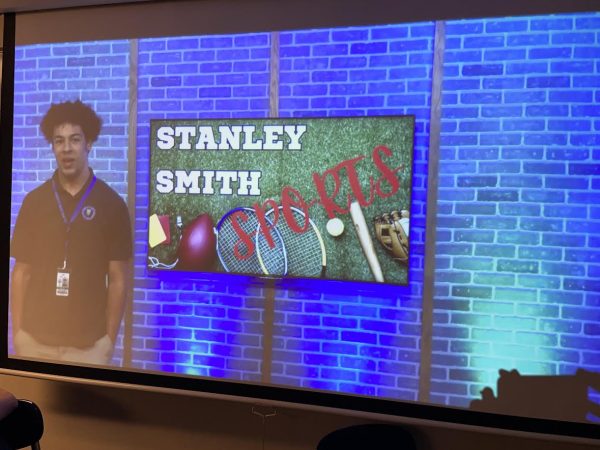Why IB? The Good, The Bad, The Ugly (A Crash Course??)
September 22, 2019
One day my freshman year after ISS class with Mr. Gray, he pulled me aside to suggest pursuing the full IB diploma track later in high school. However, I as well as my parents didn’t actually know what that meant, other than “harder classes with more homework” (granted, that’s true, but there’s so much more to it!).
Would I be able to handle the workload? Am I going to fail my classes?? Are there extra classes I need to take?? What even is IB???
As a fellow student, I’m here to tell you what IB is and the truth about what it means to be a full IB diploma student.
In short, the IB diploma requires six chosen classes, one mandatory class (Theory of Knowledge), a 4000-word essay (Extended Essay) and formal documentation of extracurricular activities (CAS- Creativity, Activity, Service).
In each of those classes are internal and external assessments that require linking a specific topic learned to a real-life example of situation. Then, in order to receive a grade at the end of a course, an official two-part IB exam must be taken.
While this is a lot of work, keep in mind that it’s all over the course of two years and is completely doable. The classes are all (for the most part) enjoyable and genuinely interesting. TOK is known for being nearly impossible to explain, but it teaches a completely new way of consuming and analyzing what is known and how it is known.
The extended essay is long, but it’s in any subject and on any topic of your choosing. If you pick something you’re passionate about, it will be a breeze. CAS is a way of acknowledging what can be learned through personal experience outside of the school curriculum. This just means tracking in a handy phone app anything interesting you do and reflecting on it. (This could literally just be a photo for evidence!)
The internal and external assessments are stressful at the time, but will be something to be proud of in retrospect. Due to the courses I chose, most of mine are already completed, as well as two of my exams.
Rather than trying to explain the logistics of each class’s assessments, I’ll share a few examples of ones that I’ve done.
In English, I did a presentation connecting a short story read in class to a real-life experiment. For another assessment, I wrote an essay about how a theme was presented and affected the characters in the book DITLOID (which I seemed to have been the ONLY person in my class to enjoy).
In Philosophy, I connected my favorite movie to the notion of free will and analyzed it (giving me an excuse to rewatch the movie every night for a week). In Spanish, I had an 8-minute recorded conversation with Doctora IN SPANISH about tapas and the Meditteranean diet.
In ESS (a class that sadly is not being taught this year), I conducted a survey to analyze the generational gap in environmental consciousness.
As you can see, IB leaves a lot of room for creativity and acquiring knowledge through personal interests, rather than common core. Each of my assessments was tailored to what I wanted to write and talk about, which isn’t often seen in regular or AP classes. This includes my extended essay, which is philosophically analyzing the question “To what extent should animals have moral rights?”
Another huge difference between IB and a “regular” class is the way our knowledge is formed. Rather than memorizing notes to take multiple choice tests, it’s about thinking critically, developing original ideas, and applying them to other real-life situations.
It’s not answering yes or no questions, rather “to what extent…” questions and developing arguments on either side. As said before, the whole thing is a lot more creative and personal.
The biggest challenge? Procrastination!! It seems to be a pattern that every year the full IB students are told to not procrastinate their homework, assessments, or especially the extended essay, yet every year most students don’t listen and end up trying to write a 2,500 word draft in one weekend.
From personal experience, can it be done? Yes. Will it be done well? Definitely not. And doing this amidst applying for college? Get ready to pull MANY all-nighters and get addicted to Starbucks double shot espresso. (Okay, maybe that last sentence is a little bit extreme, but depending on your level of procrastination, it may apply.)
So, if after reading all of this, you are interested in possibly becoming a full IB diploma student, I say–wait and see, but go for it!
Freshmen–you are still new to high school and this doesn’t apply to you directly, rather than just to plant the seed in your head. A year from now, come back to this article and re-assess it, as well as talk to other full IB students. Their personal experience will tell a lot more than any information session.
Sophomores–as the year progresses, talk to some students about IB, but also talk to teachers to see if they think you are capable of handling it.
And if this means anything, I was on the fence about it as well, but choosing to be a full IB diploma student was one of the best decisions I’ve ever made for personal, academic and social reasons. It’s truly an amazing and unique opportunity that is worth exploring.


